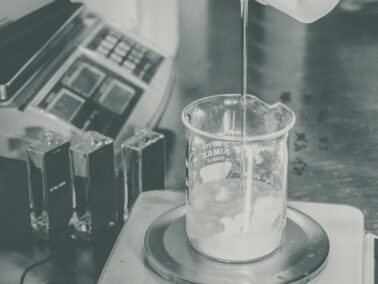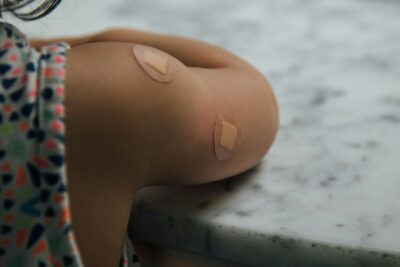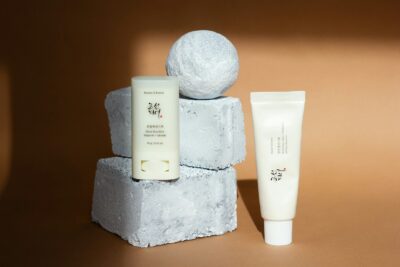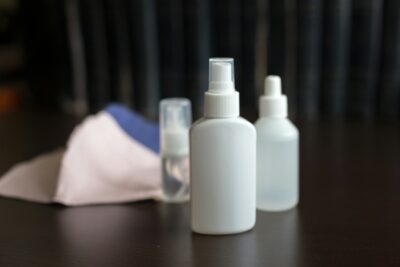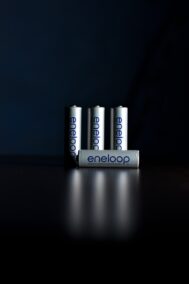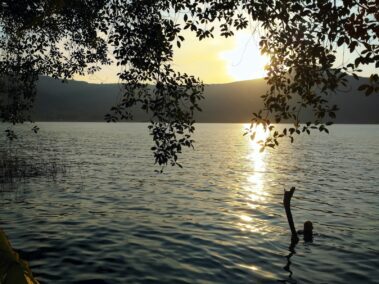Nanotechnology Advancements: Transforming Surface Protection in Saudi Arabia and the UAE
The Science Behind Abrasion-Resistant Coatings
Abrasion-resistant coatings fortified with nanoparticles represent a significant breakthrough in surface protection technology. These coatings utilize the unique properties of nanoparticles to provide superior resistance to wear and tear, extending the lifespan of various surfaces. In Saudi Arabia and the UAE, where extreme weather conditions and heavy industrial activity pose challenges to surface durability, the adoption of these advanced coatings can revolutionize maintenance practices and reduce long-term costs.
Nanoparticles, typically ranging from 1 to 100 nanometers in size, are engineered to enhance the performance of coatings through their small size and high surface area-to-volume ratio. When incorporated into coatings, nanoparticles form a dense, protective layer that reinforces the surface and prevents damage from abrasion, scratches, and other forms of mechanical wear. This technology is particularly beneficial for industries such as construction, automotive, and aerospace, where maintaining the integrity of surfaces is essential for safety and efficiency.
The process of manufacturing abrasion-resistant coatings involves dispersing nanoparticles, such as silica, alumina, or titanium dioxide, into a liquid or powder-based coating matrix. These nanoparticles are then evenly distributed throughout the coating material, ensuring uniform protection across the surface. Advanced manufacturing techniques, including spray coating and dip coating, enable precise application and adherence of the coating to various substrates, including metals, plastics, and composites.
Business Benefits: Driving Efficiency and Cost Savings
The adoption of abrasion-resistant coatings offers numerous benefits for businesses in Saudi Arabia and the UAE, ranging from improved durability to enhanced aesthetics. By investing in these advanced coatings, companies can prolong the lifespan of equipment, infrastructure, and architectural surfaces, reducing the frequency of maintenance and replacement cycles. This not only saves time and resources but also minimizes disruptions to operations and enhances overall efficiency.
In the construction industry, where maintaining the appearance and structural integrity of buildings is paramount, abrasion-resistant coatings play a crucial role in preserving surfaces exposed to harsh environmental conditions. From skyscrapers in Dubai to infrastructure projects in Riyadh, these coatings provide long-lasting protection against abrasion, UV radiation, and corrosion, ensuring that architectural landmarks retain their pristine appearance for years to come.
For automotive manufacturers and aerospace companies, abrasion-resistant coatings offer a competitive advantage by improving the performance and durability of critical components. From engine parts to aircraft fuselages, these coatings enhance resistance to friction, erosion, and chemical exposure, thereby extending the service life of vehicles and aircraft. In a highly competitive market, where reliability and longevity are key selling points, the adoption of advanced coatings can differentiate products and drive customer satisfaction.
Management Consulting: Navigating the Transition to Advanced Coatings
While the benefits of abrasion-resistant coatings are clear, navigating the transition to these advanced technologies requires strategic planning and expertise. Management consulting firms play a vital role in guiding businesses through this process, helping them assess their needs, evaluate available solutions, and implement effective coating strategies. By partnering with experienced consultants, companies can streamline the adoption of abrasion-resistant coatings and maximize their impact on performance and profitability.
Effective change management is essential for successfully integrating new coatings into existing processes and workflows. Consultants work closely with business leaders and employees to communicate the benefits of advanced coatings, address concerns, and facilitate training programs. By fostering a culture of innovation and continuous improvement, companies can ensure a smooth transition to abrasion-resistant coatings and drive sustainable growth in the long term.
Executive coaching services also play a crucial role in this transformation, empowering leaders to navigate the complexities of technological change and inspire their teams to embrace innovation. Coaches work one-on-one with executives to develop leadership skills, enhance communication, and foster a strategic vision for leveraging advanced coatings to achieve business objectives. With the support of experienced coaches, business leaders can effectively drive organizational change and position their companies for success in an increasingly competitive marketplace.
Conclusion: Embracing Innovation for Enhanced Surface Protection
In conclusion, abrasion-resistant coatings fortified with nanoparticles represent a significant advancement in surface protection technology with wide-ranging applications across industries. For businesses in Saudi Arabia and the UAE, adopting these advanced coatings offers a competitive edge by improving durability, reducing maintenance costs, and enhancing operational efficiency. By leveraging the expertise of management consulting firms and executive coaches, companies can navigate the transition to advanced coatings with confidence and drive sustainable growth in an ever-evolving market landscape.
#SurfaceProtection #Nanoparticles #Coatings #Durability #Technology #SaudiArabia #UAE #BusinessSuccess #ManagementConsulting #Innovation




